Subtotal: $27.00
Skillshare – Mastering Price Action Trading by Deeyana Angelo
$147.00 $47.00
Product Include:
File size:
Skillshare – Mastering Price Action Trading by Deeyana Angelo
**More information:
Get Skillshare – Mastering Price Action Trading by Deeyana Angelo at Salaedu.com
Description
- Supply & Demand Institutional Order Flow Trading for most financial products including Forex, Commodities and Cryptocurrencies
- How to identify Supply/Demand Areas on the chart correctly
- How to determine whether S/D areas are strong or weak
- Q Points© – proprietary method and missing link to S/D trading
- Basics of Swing Trading
This course will teach you how to start Supply/Demand trading concept and its application in the live markets.
My courses are a result of trading the markets over the last 11 years. Six of those years I’ve traded professionally for three different prop trading companies. In the last couple of years I’ve been creating mechanical trading systems as a managing director of a small fintech startup called Blahtech where I collaborate with a team of three elite developers who come from bulge bracket investment banking background.
This course represents the first 6 of 39 lectures and over 40 hours of our Market Stalkers: Professional Trading Development Series. In this course you’ll learn to recognise ‘footnote’ Supply/Demand levels around which you will plan the direction of your trades. I also teach you Q Points© which is a missing link to S/D trading and an invaluable tool for weeding out non-relevant areas. Q Points© are my proprietary trading concept – you won’t come across it anywhere else.
This particular course aims to wean you off bad habits and wild-man scalping, steering you away from retail lagging tools to teach you how to view Supply/Demand levels that matter and apply real-time price action reading to these institutional Supply/Demand levels. I also set you on a path to determine whether your trade will have enough ‘space’ for a statistically correct risk/reward ratio (the amount you risk vs the expected amount of taking profits).
The reason why S/D levels on large timeframes are efficient is partly because there is so much trading information over long periods of time but also because institutional traders need deep liquidity pools to execute huge institutional orders that go into thousands of lots (we’re talking positions in excess of 300-500 million). In order to save on execution costs (to ensure the order is filled in as little trades as possible), institutional trades will move the market by using some of the allocated funds to bring the price up or down to the levels where the huge several thousand lots orders can be filled efficiently. I teach you how to spot these big players.
This course is about swing trading basics through a systematic analysis of large timeframes (the birds eye view). It creates a solid base for an organised trading mind and a systematic, repeatable approach to finding trade locations at levels where institutions trade.
This methodology can be applied to most markets, including soft commodities such as gold and crude oil, forex, equity indices, individual stocks and cryptocurrencies.
Requirements:
You must have some previous trading experience and a very good skill of candlesticks reading. While this course may be used by beginners, it is best suited for those who have already traded for a while (ideally 1 year+) and are looking to advance their skills to a more serious level by adding an analytical approach to their trading performance. This will require patience and persistence but also tweaks to your own behavioural psychology in most cases.
Trading is neither simple nor easy and while it has the potential to bring windfalls to certain individuals who are emotionally resilient and analytical enough to keep going, it remains one of the toughest jobs around due to the sheer amount of information you must remember and cross-check when the opportunity presents itself.
If you’re looking for a get-rich-quick, “simple” trading system then my courses are not for you. And I would highly advise you to stick away from any kind of trading altogether with that kind of mindset. You’ll save yourself a lot of trouble.
Who this course is for:
- Traders who are struggling to reach profitability
- Traders interested in supply/demand institutional trading strategies
- Swing traders
Forex Trading – Foreign Exchange Course
Want to learn about Forex?
Foreign exchange, or forex, is the conversion of one country’s currency into another.
In a free economy, a country’s currency is valued according to the laws of supply and demand.
In other words, a currency’s value can be pegged to another country’s currency, such as the U.S. dollar, or even to a basket of currencies.
A country’s currency value may also be set by the country’s government.
However, most countries float their currencies freely against those of other countries, which keeps them in constant fluctuation.
1 review for Skillshare – Mastering Price Action Trading by Deeyana Angelo
Add a review Cancel reply
Related products
Forex - Trading & Investment
Forex - Trading & Investment
Forex - Trading & Investment
Pristine – Oliver Velez – Core, Swing, Guerrilla, Momentum Trading, Micro Trading Tactics
Forex - Trading & Investment
Pristine – Paul Lange – Creating & Using a Trading Plan + Seven Steps to a Good Trade

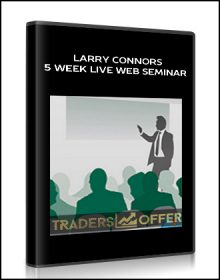 Larry Connors – 5 Week Live Web Seminar (Video & WorkBook )
Larry Connors – 5 Week Live Web Seminar (Video & WorkBook ) 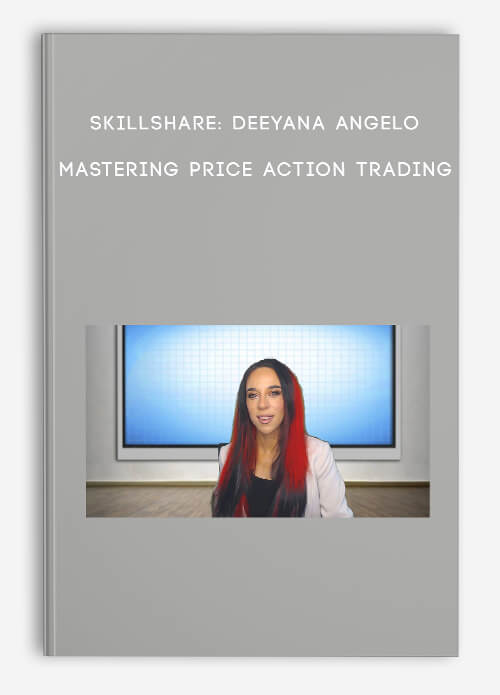
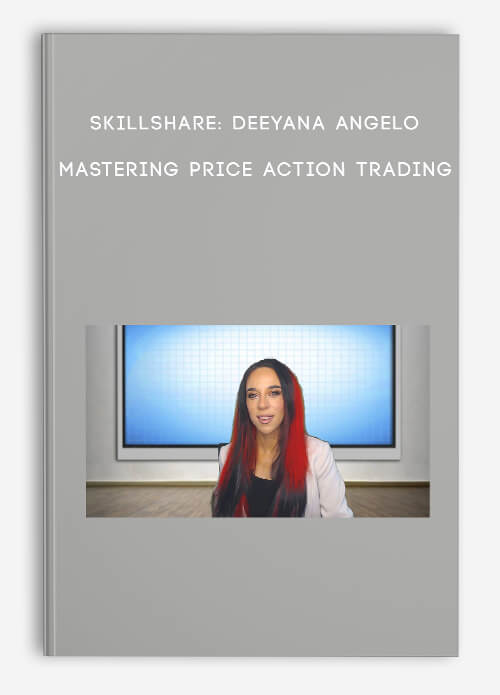
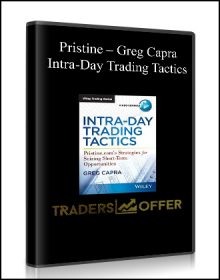
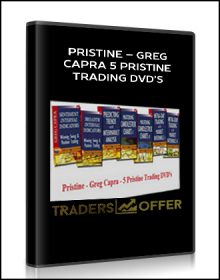
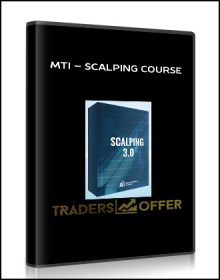
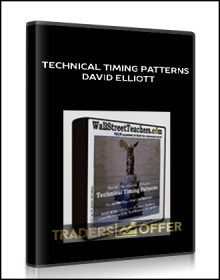
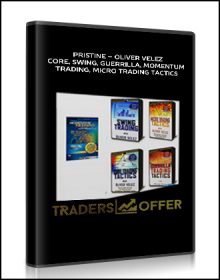
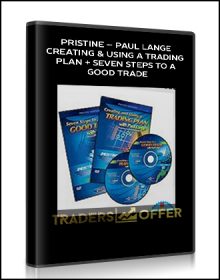
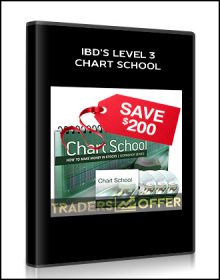
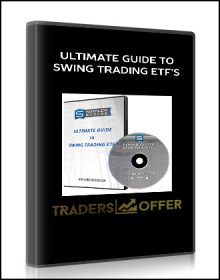
king –
We encourage you to check Content Proof carefully before paying.“Excepted” these contents: “Online coaching, Software, Facebook group, Skype and Email support from Author.”If you have enough money and feel good. We encourage you to buy this product from the original Author to get full other “Excepted” contents from them.Thank you!